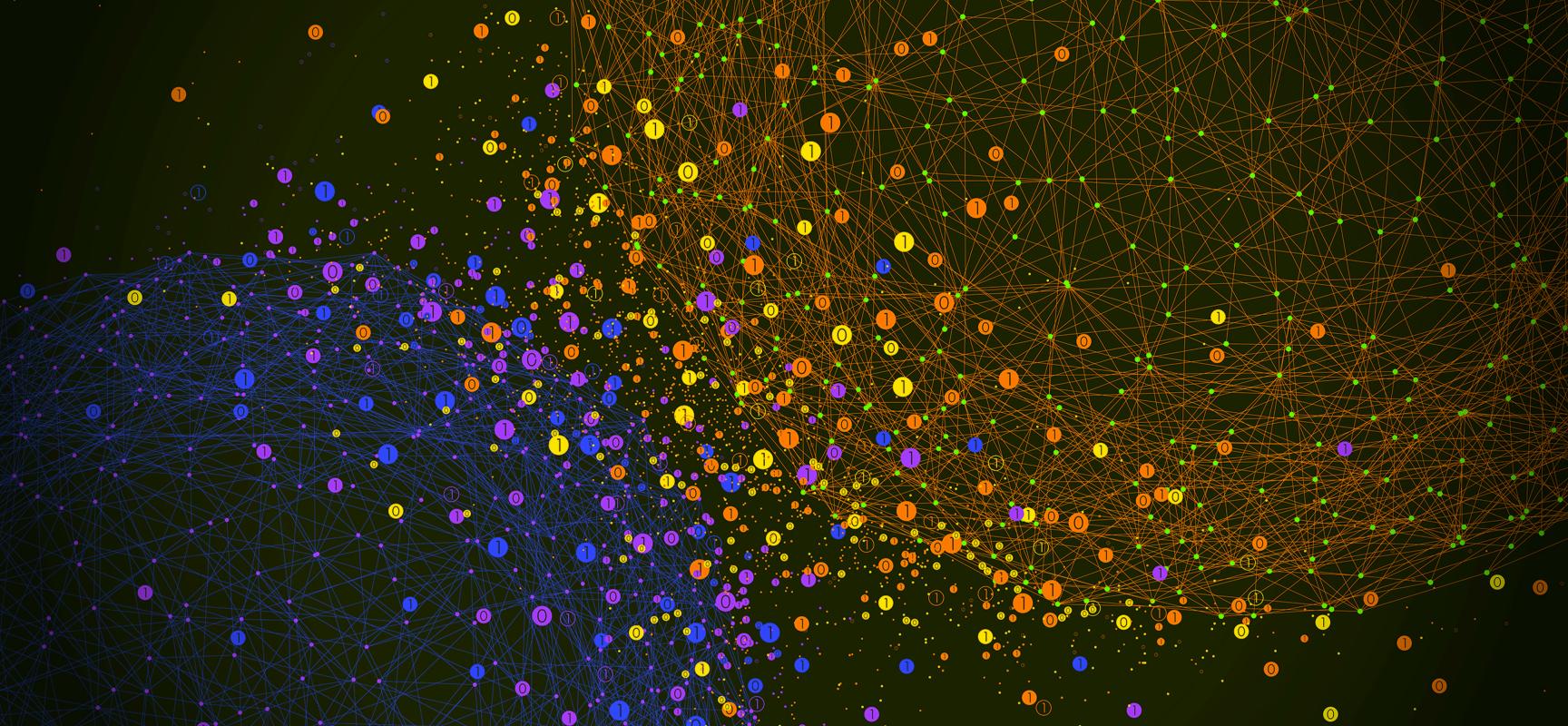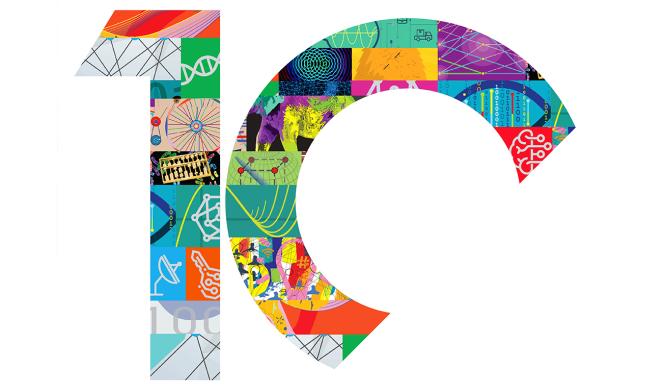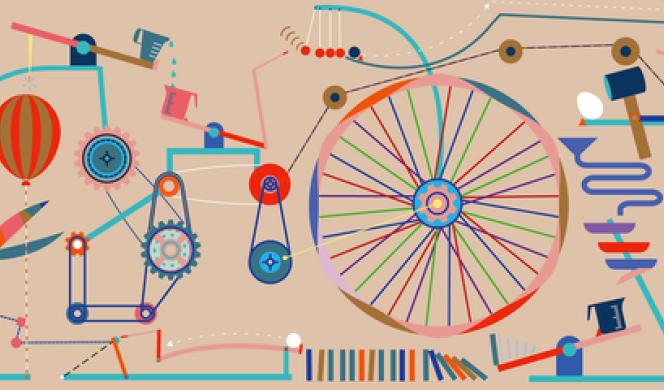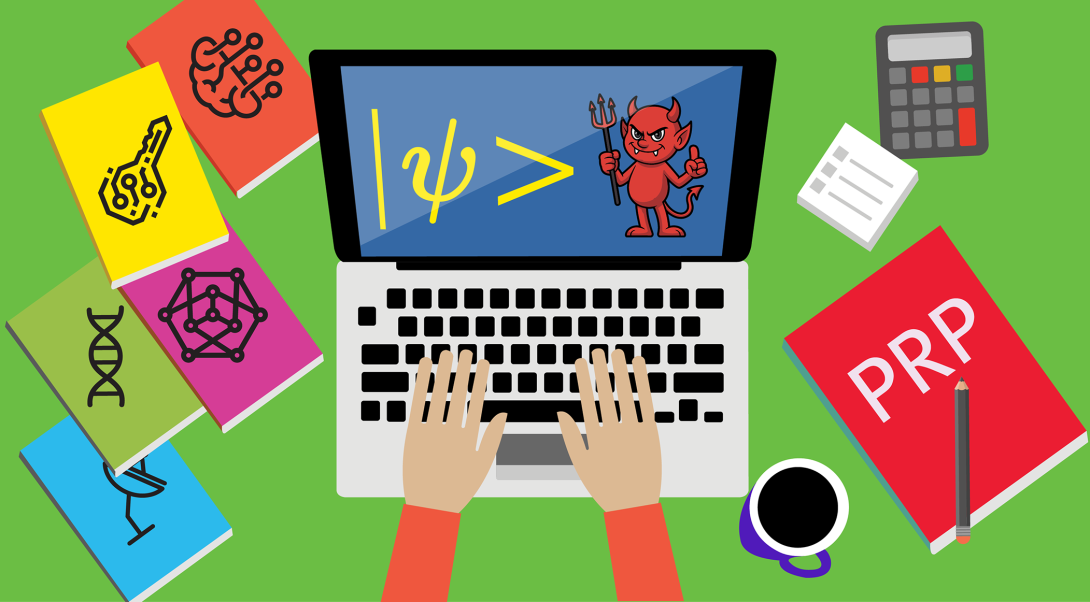
Let me start with a confession. For many years, I was afraid of quantum and crypto. Quantum scared me because I didn’t know how to think about tensor...

This July, the Simons Institute co-hosted, in collaboration with Project CETI (Cetacean Translation Initiative) and Oceankind, the fourth annual...
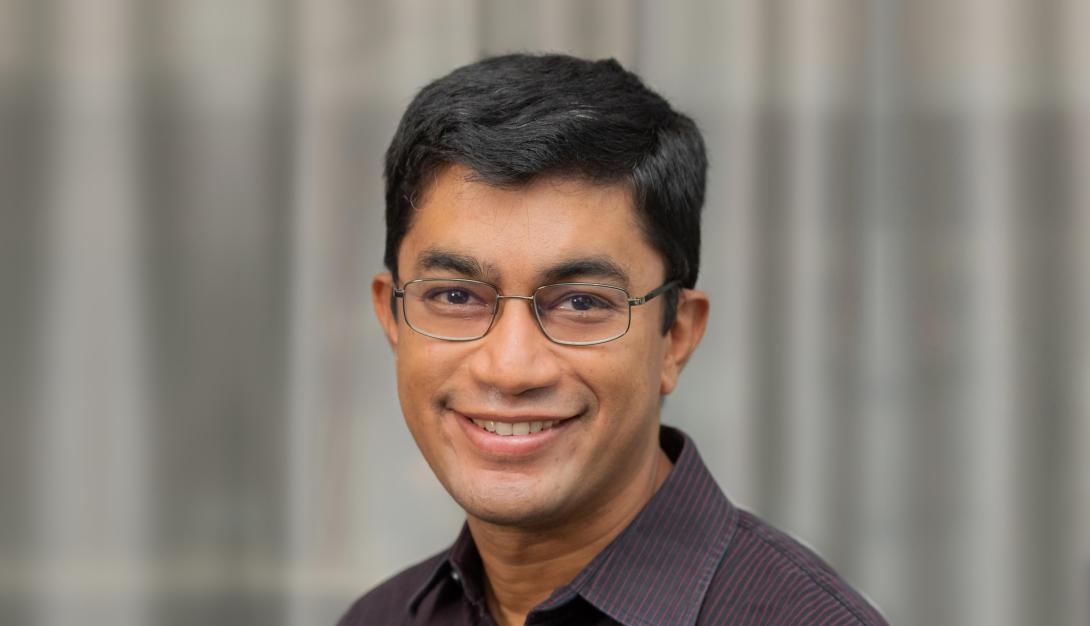
Greetings from Berkeley, where after a very busy summer of crypto and quantum fun, we’ve just kicked off our Fall 2025 programs on Complexity and...
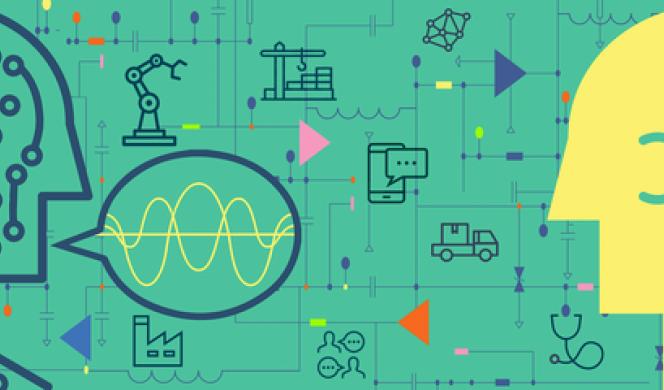
Chris Watkins introduced the Q-function in the 1980s as part of a methodology for reinforcement learning. Given its importance for over three decades, it is not surprising that the question of the true meaning of Q was a hot topic for discussion during the Simons Institute's Fall 2020 program on Theory of Reinforcement Learning.
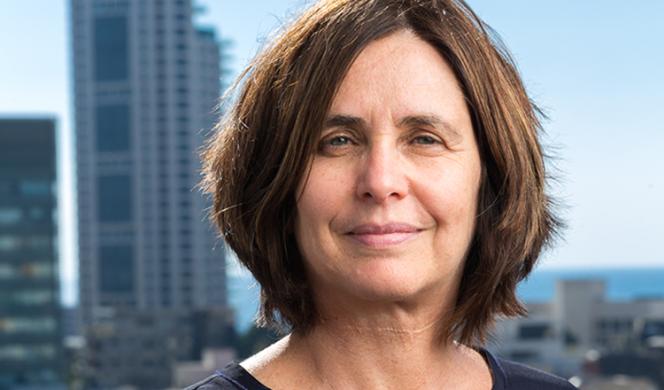
Greetings from Berkeley, where spring is already upon us. A shout out to those who went to school here at some time or another — the magnolias are in full bloom, and that has not changed one bit.
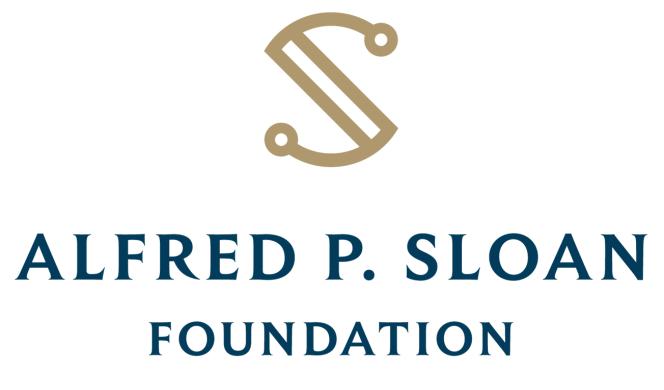
“Every traditional statistics text includes a warning not to mistake correlation for causality. But until very recently, there has been almost nothing else to say about causality,” observes Daniel Goroff, director of the Sloan Foundation’s economics program. “Research on the theory and practice of causal inference, as facilitated by the Simons Institute, will be critical to progress on everything from machine learning to evidence-based policymaking.”
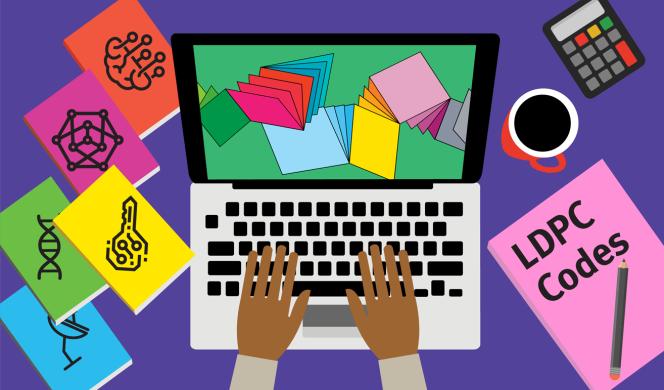
It has been only a few months since the last time this column appeared. Yet there is so much to write about that it feels like a year has passed. For one area in particular, a decade’s worth of developments seems to have emerged in a few months’ time. I am talking of course about the phenomenal developments on error-correcting codes that we witnessed in the past few months.
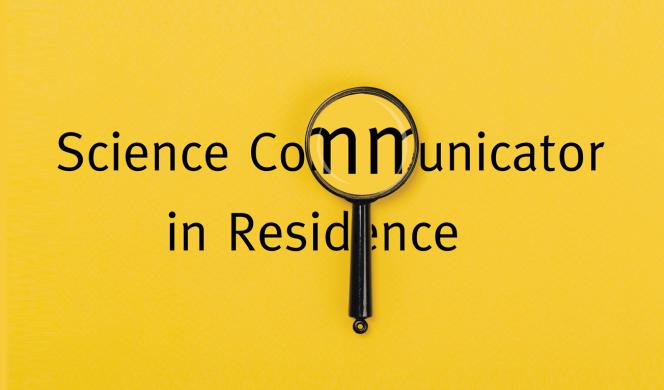
The Simons Institute is currently welcoming applications for Science Communicator in Residence slots for Fall 2022 and Spring 2023. The application deadline has been extended to March 31.
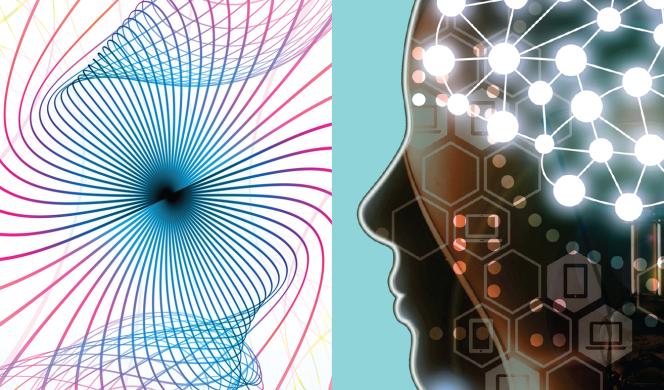
The Simons Institute’s Research Pod in Quantum Computing invites applications for postdoctoral fellows and visiting research scientists for the 2022–23 academic year.
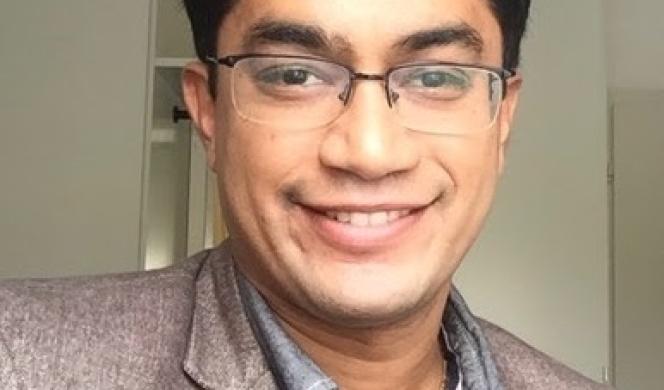
Venkatesan Guruswami joined the Simons Institute as our newest senior scientist on January 1. We hope you enjoy our conversation with Venkat about his visions for the field and for the Simons Institute.

Collaborative research is proceeding apace in Calvin Lab, amid the various health and safety regulations. This semester we’re hosting 136 long-term visitors in our Causality and Learning and Games programs, and we look forward to a vibrant semester with them. Omicron willing, we are hoping for blue skies, and many workshops and results in the months to come.



